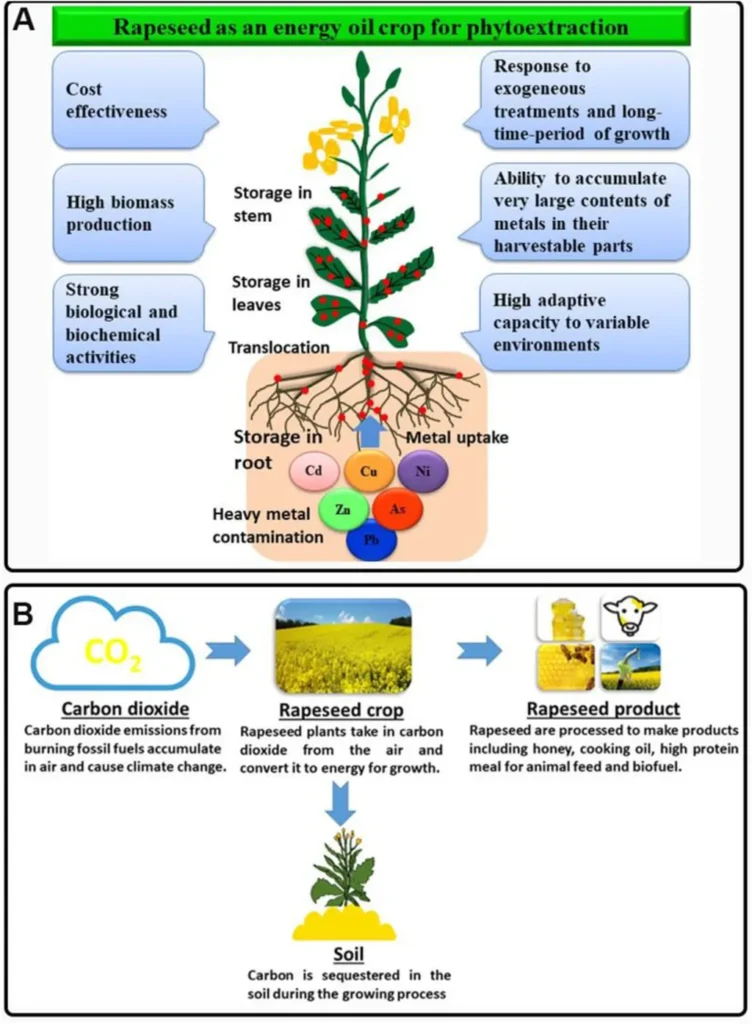In the quest for sustainable agriculture, scientists are turning to perennial crops as a potential game-changer, and new research published in the journal *Basic Research* (formerly *Fundamental Research*) is paving the way for a breakthrough in rapeseed cultivation. The study, led by Dong Zhai of the National Key Laboratory of Plant Molecular Genetics at the Chinese Academy of Sciences, explores the potential of creating polycarpic perennial rapeseed—plants that can flower and produce seeds over multiple growing seasons. This innovation could significantly enhance the efficiency and environmental benefits of rapeseed production, with ripple effects across the energy sector.
Rapeseed, a member of the Brassicaceae family, is a crucial oilseed crop used for biofuel production, food, and industrial applications. Traditionally, rapeseed is an annual crop, meaning it completes its life cycle in a single growing season. However, perennial crops offer several advantages, including reduced need for replanting, improved soil health, and greater resource use efficiency. These benefits could translate into lower production costs and a smaller environmental footprint for the energy sector, which relies heavily on rapeseed oil for biodiesel.
The research builds on two decades of work identifying the genes responsible for polycarpic flowering behaviors in the Brassicaceae family. By leveraging these perennial genes from wild relatives, scientists aim to develop perennial rapeseed varieties. “The key lies in understanding the genetic mechanisms that control perenniality,” explains Zhai. “Once we can manipulate these genes, we can create rapeseed plants that flower repeatedly over multiple years, offering a more sustainable and cost-effective solution for farmers and the energy industry.”
The study outlines a roadmap for generating perennial Brassica napus (rapeseed) by integrating these findings. This approach could revolutionize rapeseed agriculture, making it more resilient and productive. For the energy sector, this means a more reliable and sustainable source of biofuel. “Perennial crops are not just a scientific curiosity; they represent a practical solution to some of the biggest challenges facing modern agriculture,” says Zhai. “By enhancing the environmental benefits of perennial crops, we can support sustainable agricultural practices that benefit everyone.”
The implications of this research extend beyond rapeseed. The insights gained from studying perenniality in Brassicaceae could be applied to other crops, further advancing the field of sustainable agriculture. As the world grapples with climate change and resource depletion, the development of perennial crops offers a beacon of hope for a more sustainable future.
This research, published in *Basic Research*, marks a significant step forward in the quest for sustainable agriculture. By unlocking the secrets of perenniality, scientists are not only enhancing the efficiency of rapeseed production but also paving the way for a greener, more resilient future for the energy sector and beyond.

